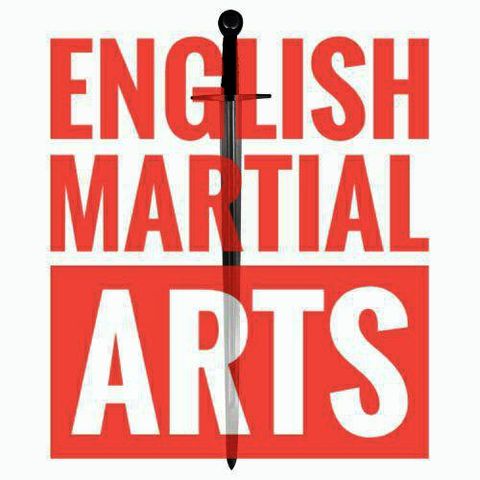Update

May 30, 2020 ·
12m 15s
In Anglo-Saxon times one of the terms by which a folcwiga (warrior) would have known close quarter combat was handplegan (hand play) which is recorded in the Saxon Chronicles. By...
show more
In Anglo-Saxon times one of the terms by which a folcwiga (warrior) would have known close quarter combat was handplegan (hand play) which is recorded in the Saxon Chronicles. By Tudor times there were two main titles in use; the Art Militaire and its civilian relative the Science of Defence. In the Stuart era the latter was often called the Noble Science of Defence or the Noble Art of Defence, (these titles being later inherited by boxing). The Science of Defence was a combat art that was concerned with individual self-defence rather than the military scenario but it was so closely related to the battlefield system as to be interchangeable with it. Indeed, the ‘civilian’ system used by the English included usage of many battlefield weapons (see below). One of the major differences between the military and civilian experience was that in the packed ranks of the battlefield there often wasn’t enough room to use the methods or apply the principles that were available when fighting one-on-one (a fact noted by contemporary maisters of defence). Another difference was that military conflict did not require its participants to follow the strict code of conduct that the civilian practitioners of the Science of Defence were expected – on oath – to follow. For example, followers of the civilian system were forbidden to kill a defeated opponent, clearly such an obligation would not be realistic in times of war.
PRINCIPLES
For fighting methods to be defined as a martial art system there have to be in place a definitive set of principles that govern the usage of weapons, be they natural weapons, that is to say fist, foot, etc. or artificial weapons as described earlier. English martial arts utilized a sophisticated set of principles by which the Science of Defence was governed. To attempt to describe in depth the entire set of principles is beyond the limited confines of this page. Nonetheless it is worth touching upon a small number of them to give the reader an insight of the methodology involved. English Maisters of Defence held that all actions, whether with or without weapons, were governed by the principles of the True Fight. These included such things as: True Times, False Times, The Four Grounds, The Four Governors, Wide Space, Narrow Space, etc. If you followed these principles when in combat you would be fighting the True Fight. If you fought without using the principles you would be fighting a False Fight which would seriously reduce your chances of surviving combat.
Liber albus: the white book of the city of London. 1419 AD
show less
PRINCIPLES
For fighting methods to be defined as a martial art system there have to be in place a definitive set of principles that govern the usage of weapons, be they natural weapons, that is to say fist, foot, etc. or artificial weapons as described earlier. English martial arts utilized a sophisticated set of principles by which the Science of Defence was governed. To attempt to describe in depth the entire set of principles is beyond the limited confines of this page. Nonetheless it is worth touching upon a small number of them to give the reader an insight of the methodology involved. English Maisters of Defence held that all actions, whether with or without weapons, were governed by the principles of the True Fight. These included such things as: True Times, False Times, The Four Grounds, The Four Governors, Wide Space, Narrow Space, etc. If you followed these principles when in combat you would be fighting the True Fight. If you fought without using the principles you would be fighting a False Fight which would seriously reduce your chances of surviving combat.
Liber albus: the white book of the city of London. 1419 AD
Information
| Author | Frank Docherty |
| Website | - |
| Tags |
Copyright 2024 - Spreaker Inc. an iHeartMedia Company
